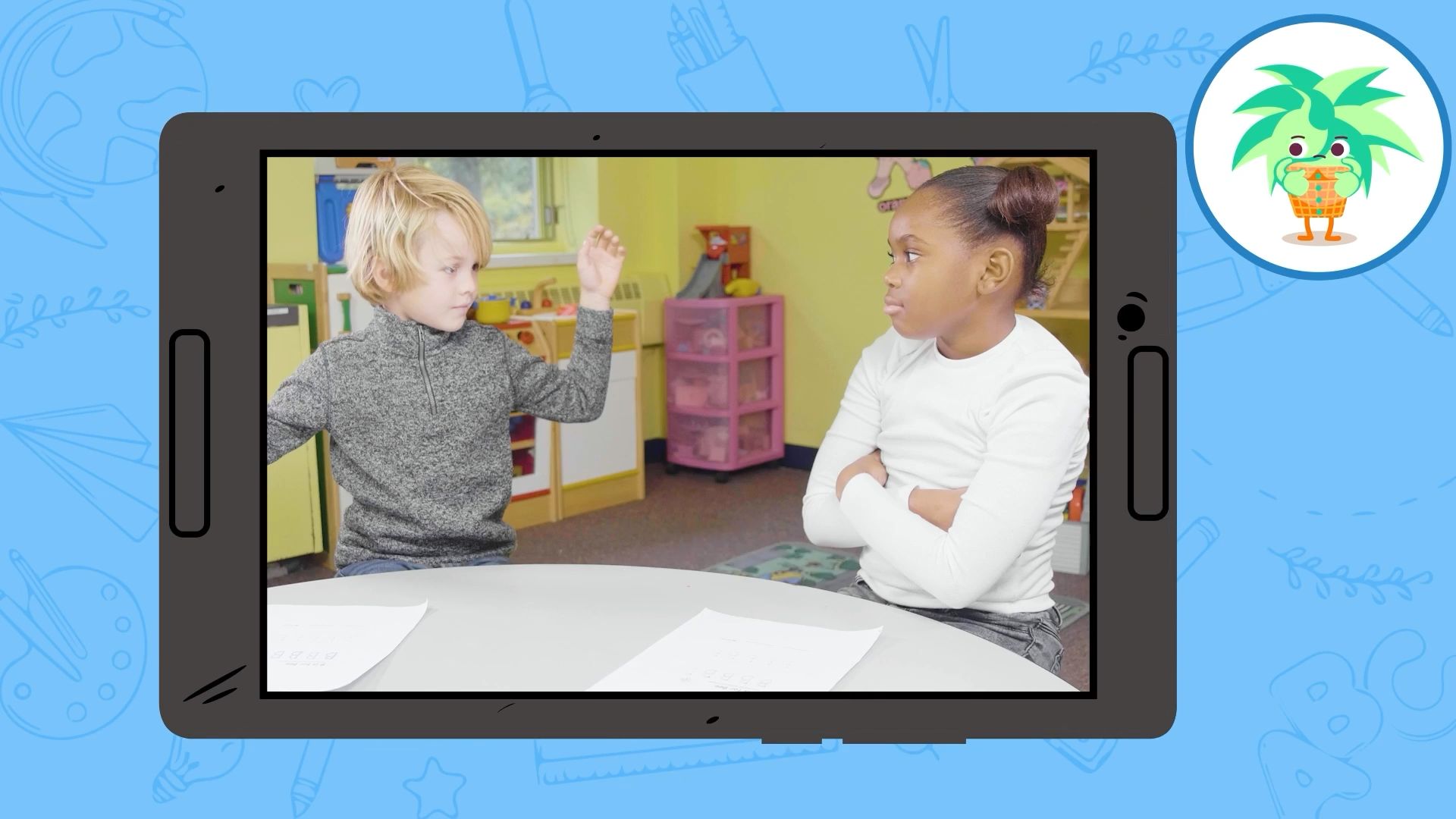
Introduction
The ability to stay calm when losing is an essential skill for young children to develop. It helps them navigate social situations, build resilience, and understand that it’s okay to experience disappointment. This blog post will discuss an easy no-prep activity for educators to teach PreK students how to stay calm when losing and provide discussion questions to facilitate further learning. By incorporating principles of Social-Emotional Learning, we can help students develop healthy coping mechanisms and foster positive relationships with their peers.
No-Prep Activity
This activity, called “Emotion Charades,” requires no preparation or materials from the educator. Have the students sit in a circle and take turns acting out different emotions, such as disappointment, frustration, or happiness. The other students in the circle will try to guess the emotion being acted out. This activity helps students recognize and express their emotions while also learning how to stay calm when they experience disappointment or lose a game.
Discussion Questions
- Why is it important to stay calm when we lose a game or feel disappointed?
- What are some ways you can stay calm when you feel upset or disappointed?
- How do you think your friends feel when you stay calm and handle losing well?
- Can you think of a time when you stayed calm when you lost a game or felt disappointed? How did it make you feel afterward?
- Why is it important to respect other people’s feelings when they lose or feel disappointed?
Related Skills
Teaching students to stay calm when losing is just one of many important skills in Social-Emotional Learning. Other related skills that educators can focus on include:
- Developing empathy and understanding for others
- Building resilience and coping with setbacks
- Practicing effective communication
- Learning to manage emotions
- Fostering cooperation and teamwork
Next Steps
If you’re interested in teaching your students more valuable skills like staying calm when losing, we encourage you to sign up for free samples of related materials at Everyday Speech. These resources can help you further incorporate Social-Emotional Learning principles into your classroom and support your students’ emotional growth and development.

